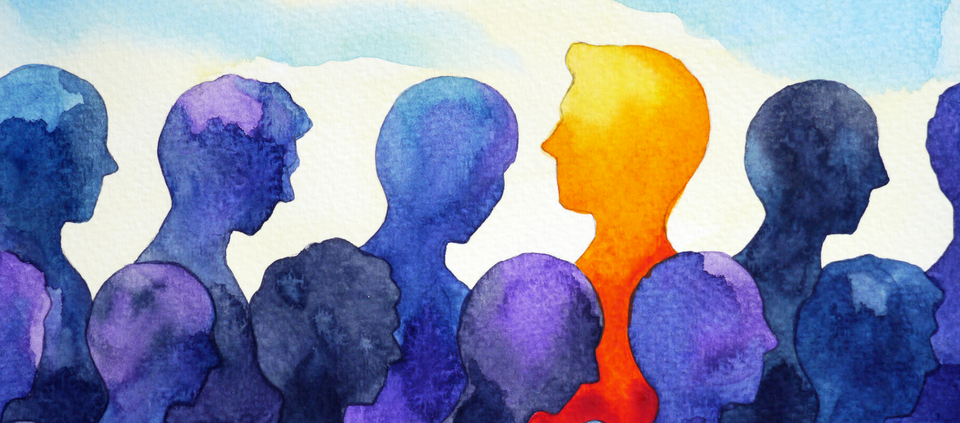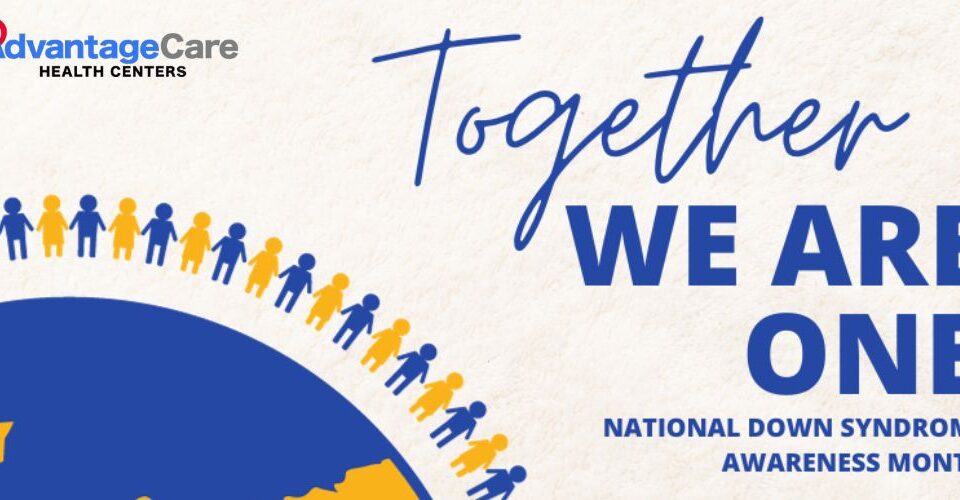
Social Wellness is the Key to a Healthy Lifestyle
July 13, 2018
Healthy Doctor Patient Relationships Improve Wellness
August 9, 2018
Social Wellness is the Key to a Healthy Lifestyle
July 13, 2018
Healthy Doctor Patient Relationships Improve Wellness
August 9, 2018
Despite the fact that one in five Americans have some type of mental illness, mental health stigma remains a very real issue in our society. However, there is no reason for anyone to suffer in silence. You can help to end stigma by learning how it affects not only those diagnosed but their loved ones as well.
What is Mental Health Stigma?
According to the National Alliance on Mental Illness, mental health stigma is “when someone, or even you yourself, views a person in a negative way just because they have a mental health condition. Some people describe stigma as a feeling of shame or judgement from someone else. Stigma can even come from an internal place, confusing feeling bad with being bad.”
Stigma can be a significant roadblock in someone’s recovery. It can lead to isolation, blame and secrecy that makes living well more difficult.
“Stigma is dangerous for the millions of Americans affected by mental health conditions. It causes people to feel ashamed for something that is out of their control, prevents them from seeking help, and even takes lives,” said Mary Giliberti, CEO of NAMI.
Why is Mental Health Stigma a Serious Issue?

Mental health stigma is an additional obstacle that can be difficult for anyone to overcome.
“Many people with serious mental illness are challenged doubly, according to an article in World Psychiatry. “On one hand, they struggle with the symptoms and disabilities that result from the disease. On the other, they are challenged by the stereotypes and prejudice that result from misconceptions about mental illness.”
As a result, those diagnosed with mental and behavioral health issues can suffer unnecessary setbacks in important areas of their lives, such as employment, housing, health care and social wellness.
7 Ways you can Fight Mental Stigma Today
Although there is currently no cure for mental illness, stigma can be eradicated through compassion, empathy and understanding. However stigma may touch your life, you have the power to improve the situation. By taking these seven simple actions, it’s possible to minimize stigma today.

- Talk Openly
- Education is Crucial
- Don’t Self-Stigmatize
- Encourage Equality
- Show Compassion to Others
- Choose Empowerment
- Speak out against Discrimination
Mental health stigma persists, because of many common misconceptions. Although some may believe mental illness is the result of a personal weakness, these are medical conditions like diabetes and hypertension. By spreading a message of empowerment, we can break the chains of stigma together.





